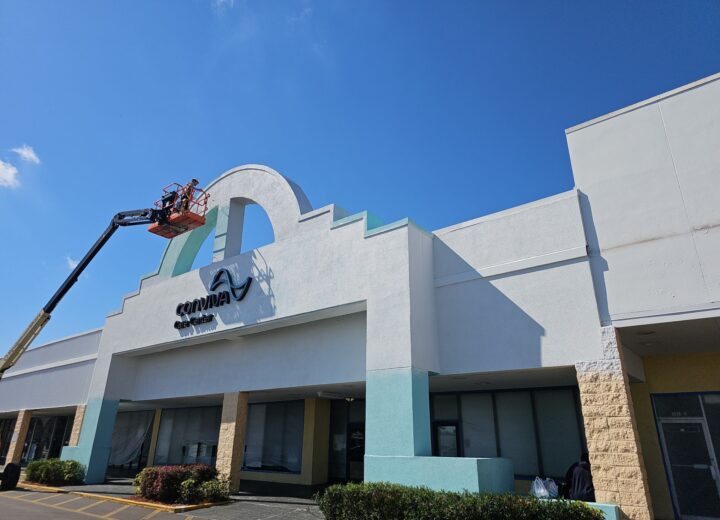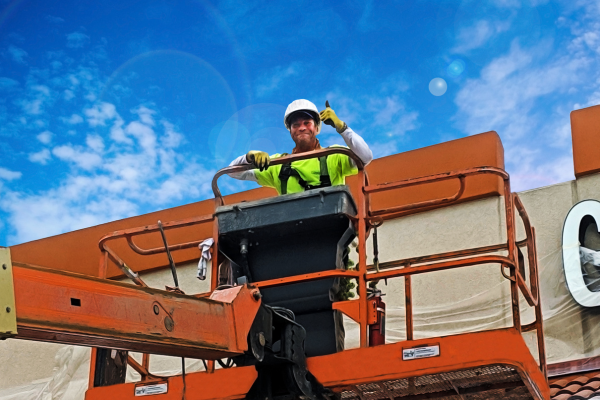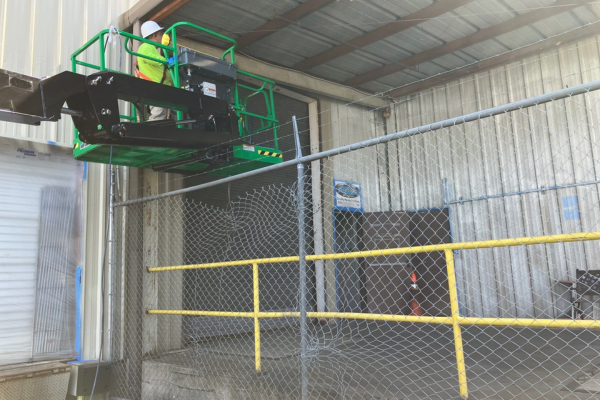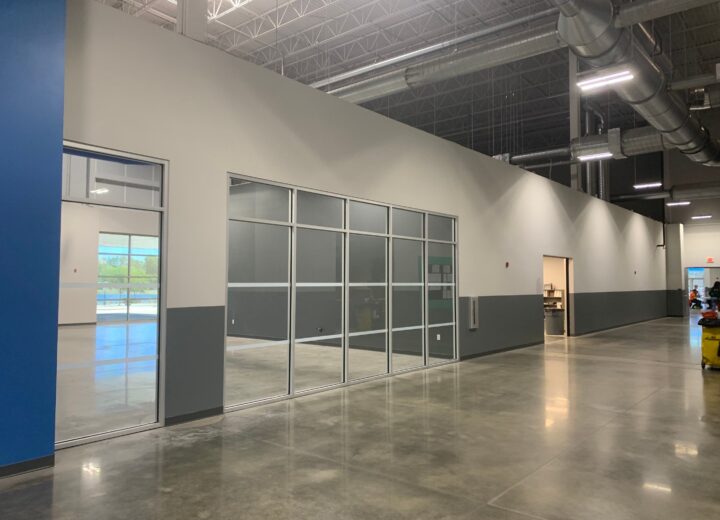Fascinating Hurricane Facts for Jacksonville Business Owners
As Jacksonville business owners, it’s crucial to be well-informed about hurricanes and their potential impact on our community. Here are some captivating facts about hurricanes to help you stay prepared during the hurricane season, which runs from June 1 to November 30.
Origins and Terminology About Hurricanes
The word “hurricane” comes from the Taino Native American word “hurucane,” meaning “evil spirit of the wind.” While we refer to these powerful storms as hurricanes in the Atlantic, Gulf, and Northeast Pacific, they are called typhoons in the Northwest Pacific and tropical cyclones in the South Pacific and Indian Ocean. In Australia, they’re colloquially known as “Willy-Willies.”
Historical and Scientific Insights About Hurricanes
- Lethal Sea Surges: Most hurricane-related fatalities result from towering sea surges that sweep inland.
- Jupiter’s Red Spot: The planet Jupiter has a hurricane that has persisted for over 300 years, known as the Great Red Spot, which is larger than Earth.
- Retired Names: When a hurricane causes significant destruction, its name is retired permanently and replaced with a new one.
- Bangladesh’s Creation: In 1970, a devastating cyclone in East Pakistan (now Bangladesh) led to 500,000 deaths and contributed to Bangladesh’s independence in 1971 due to the government’s inadequate disaster response.
- Window Taping: Taping windows in preparation for a hurricane is an ineffective myth. It does not reinforce the glass against flying debris.
Jacksonville-Specific Hurricane Facts
Understanding how hurricanes impact Jacksonville specifically can help in better preparation and response.
- Historical Gaps: Jacksonville experienced the longest gap between hurricanes from 1985 to 1996, a span of 10 years.
- Frequency of Impact: On average, Jacksonville is brushed or hit by a hurricane every 2.53 years.
- Recent Storms: The last significant hurricane to hit Jacksonville was Hurricane Irma in September 2017. It caused heavy flooding and had significant winds.
- Future Predictions: Statistically, Jacksonville was expected to be affected by a hurricane before the end of 2021. Hurricane Idalia was the last storm to affect the First Coast area. This pattern indicates the importance of continuous vigilance and preparedness.
Hurricane Preparation Tips for Jacksonville Business Owners
- Emergency Plans: Develop a comprehensive emergency plan that includes evacuation routes, communication strategies, and roles for employees.
- Secure Your Property: Fortify your building against strong winds and flooding. Consider installing storm shutters and securing outdoor equipment.
- Backup Systems: Invest in backup power systems, such as generators, to keep essential operations running during power outages.
- Insurance Review: Regularly review your insurance policies to ensure adequate coverage for hurricane-related damages.
- Employee Safety: Prioritize the safety of your employees by providing training on emergency procedures and ensuring they are aware of your hurricane preparedness plan.
Jacksonville Community Resources
Leveraging local resources can enhance your business’s resilience against hurricanes:
- Jacksonville Emergency Preparedness Office: Stay updated with the latest advisories and resources from the local emergency management office.
- NOAA Updates: For accurate and timely information on hurricane developments, follow updates from the National Oceanic and Atmospheric Administration (NOAA).
- Local Support Networks: Engage with local business support networks and chambers of commerce to share resources and strategies for hurricane preparedness and recovery.
Is Your Business Ready For Hurricane Season
As a business owner in Jacksonville, staying informed and prepared for hurricanes is crucial to safeguarding your assets and ensuring the safety of your employees. By understanding the nature of these powerful storms and taking proactive measures, you can minimize their impact on your business and community. Always stay updated with local advisories and continuously refine your emergency plans to adapt to evolving risks.






